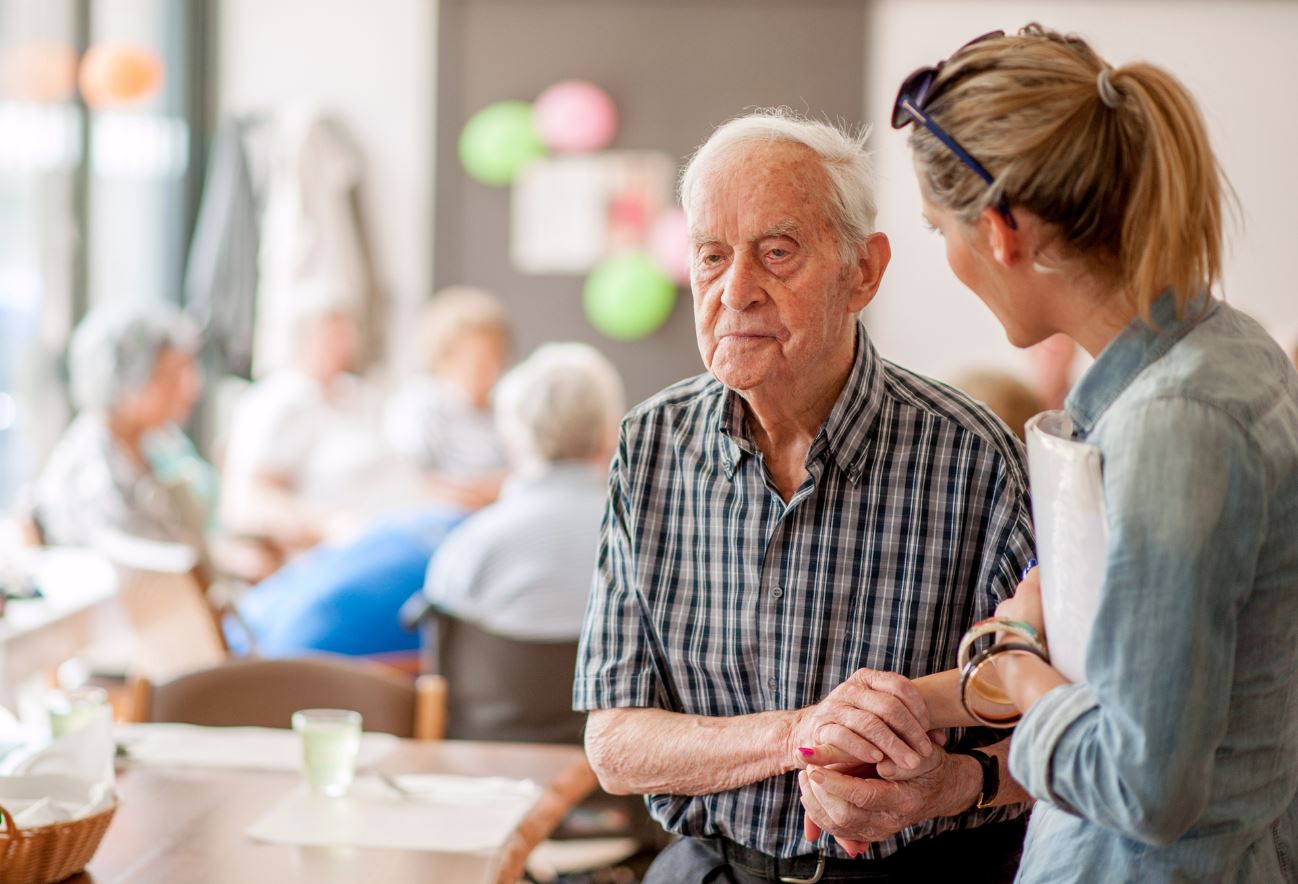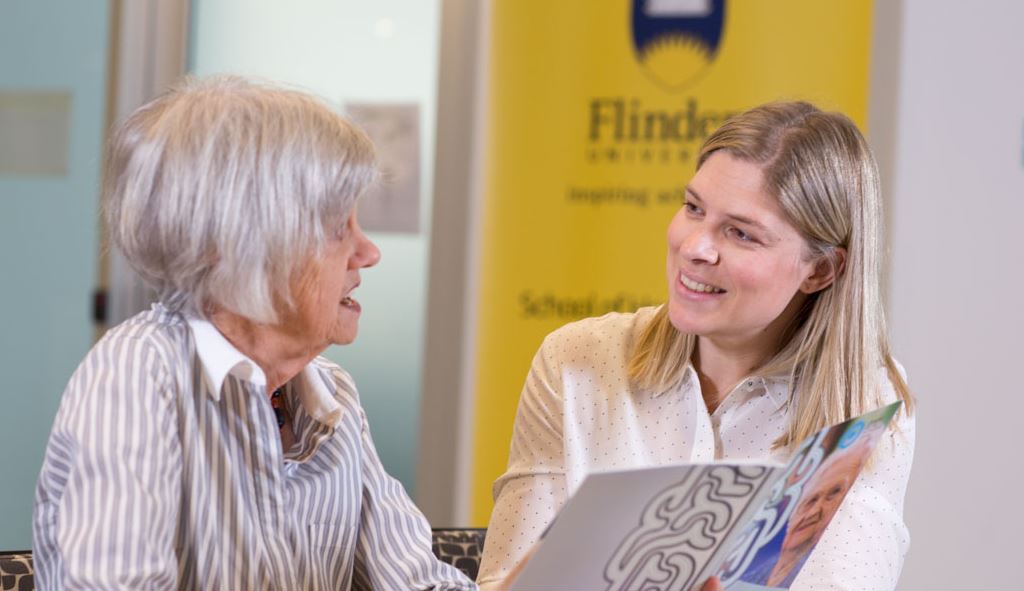
With alternatives to residential aged care in high demand, a new program focused on supporting people with dementia and their carers to live well at home is showing significant societal and economic benefits in Australia.
University of Sydney and Flinders University researchers aim to fast-track change in the aged and health care sector by championing this new approach to dementia care which includes up-skilling the current workforce and training family members in specialised care for their loved ones.
The researchers brought COPE, a US program, to Australia and partnered with 17 organisations across two states (NSW and SA) to see if the program proved effective for the many different services that work with people with dementia in Australia.
The Care Of People with dementia in their Environments (COPE) program is a multi-visit tailored intervention for people with mild to moderate dementia. It sees specially trained occupational therapists and nurses provide families with skills to manage challenging care problems at home.
About 75% of people living with dementia in Australia live at home.
“Many want to continue to do so, but with care provided by family and difficulties accessing support, most struggle,” says Professor Lindy Clemson, from the University of Sydney’s Faculty of Medicine and Health and Charles Perkins Centre.
“We know from the Royal Commission that people want services that help them to remain independent. These are known as reablement programs but until now Australians have not had access to evidence-backed services.”
Flinders University co-lead investigator, Associate Professor Kate Laver, says the difference with the COPE program is its equal focus on supporting the family just as much as the person with dementia.
“This helps address feelings of stress and overload on both sides, and research suggests this kind of program is much more effective than pharmacological treatments for dementia,” she says.
“Sometimes it could be as simple as adapting the person’s daily routine or changing the way that the family respond to particular situations but the change you will see can be tremendous. For example, changing someone’s daily routine so that they are more relaxed in the evening and sleep better overnight can be very beneficial for family members.”
The final findings from the four-year National Health and Medical Research funded program are published in The Gerontologist (Oxford Academic) – ‘Implementing a Reablement Intervention, “Care of People With Dementia in Their Environments (COPE)”: A Hybrid Implementation-Effectiveness Study’ (2020) by Lindy Clemson, Kate Laver, Miia Rahja, Jennifer Culph, Justin N Scanlan, Sally Day, Tracy Comans, Yun-Hee Jeon, Lee-Fay Low, Maria Crotty, Sue Kurrle, Monica Cations, Cathy V Piersol and Laura N Gitlin (DOI: 10.1093/geront/gnaa105).
The study shows that implementation is possible in the Australian context and resulted in similar outcomes to the large US trials. People with dementia were more engaged in activities and carers reported higher levels of wellbeing including greater ability to manage day-to-day caregiving and understand their loved one’s behaviour.

Under the study, occupational therapists and nurses in government services, aged care organisations and private practice took part in the practitioner training and program delivery.
“Having something that’s practical, in the home, that is flexible, it’s a joy in that respect to actually work through those things with someone who is struggling,’ says COPE trained occupational therapist Kylie Lemsing, from Hammond Care. “What motivates me is that you can see change … I find it so rewarding to actually spend time with them (COPE recipients),”
The cost-benefit analysis also showed the COPE program can deliver economic gains to the Australian health system, however the researchers say the ability of families to access funding support could be a barrier to uptake.
“Delays in hospitalisation and entry into residential care for people with dementia represents a huge cost saving to the Australian health system. Unfortunately, at the moment, our analysis shows the costs are mostly borne by the person with dementia and their family. There needs to be policy change and financial incentives for families to be involved in these programs,” says Associate Professor Laver.
“While organisations and individuals used a range of funding models to access the program including home care packages, NDIS funding and their own funds, it’s clear that aged care funding needs to be clearer and expedite access to reablement and evidence-based programs such as this,” adds Professor Clemson.
The program is currently available via a small number of organisations with trained therapists in New South Wales and South Australia, with training now being offered to organisations Australia-wide.
Associate Professor Laver offers training for therapists in how to deliver the program and is paid for her time to run the training workshop.
This work was supported by the National Health and Medical Research Council (NHMRC) Partnership Centre titled Dealing with Cognitive and Related Functional Decline in Older People.
For more information or contact www.copeprogram.com.au or to find a COPE qualified therapist.

